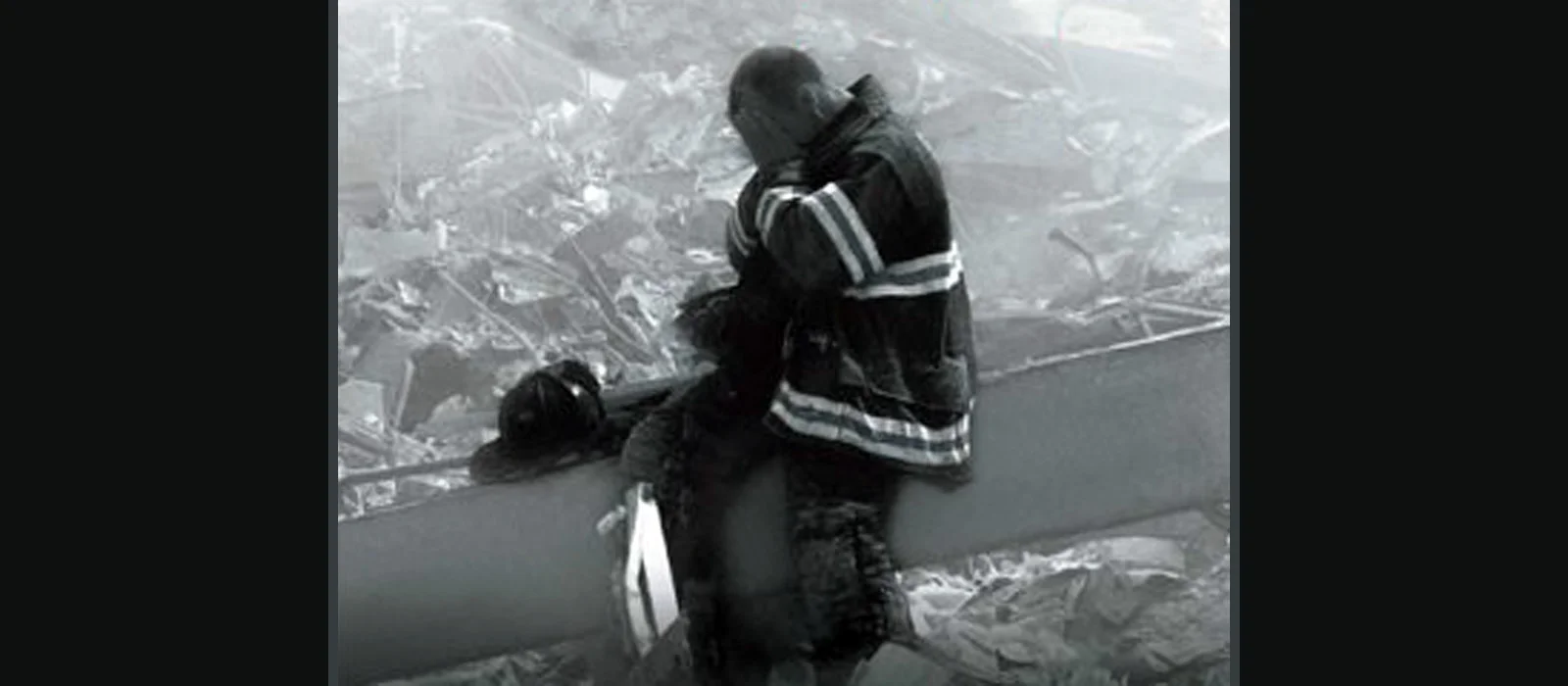Report from Ground Zero
By: Dennis Smith / Narrated By: Eric Conger, Jeff David, Don Leslie
Length: 6 hrs and 56 mins
Voices from FDNY—atop the pile, looking for their own
If you want a Listen that covers the FDNY (Fire Department of New York, natch) point of view regarding the collapse of the Twin Towers and the recovery efforts after, Report from Ground Zero will be right up your alley. Author Dennis Smith—at the time of the disaster—was retired after working as a fireman for many years, and he also penned the book Report from Engine Co. 82. So the man knows his stuff.
Like, totally.
The book opens with his dawning awareness of how horrific it all is and the scope of what happened on that day. His mind automatically kicks into gear: He’s thinking how a fireman would think; what would be first on their list; what’s the structure like; how hot’s the fire; who’s in command? He swiftly dresses in clothing appropriate for volunteering, grabs his I.D. and sets out to help his comrades, his brothers.
Then the book covers Testimonies from many firemen and from other emergency workers. It all starts with snippets beginning with the collapse of the Towers (Nothing on the rescue/firefighting efforts prior; if you’d like more about that area, try 102 Minutes by Jim Dwyer and Kevin Flynn), and goes all the way through work on the pile, sifting through the rubble, and then ends around the funerals of the fallen.
There are many, many stories of survival, and though there are PLENTY of stories about firemen looking for their sons, or brothers, for the most part there aren’t any surprises such as: The person you just heard didn’t make it. There’s much death to be had, but at least I didn’t bond closely with those who were lost (Though the ending is a killer!).
What I liked best about the book was when it veered away from Testimonies, and Dennis Smith took over with a chronicle of his experiences. There are the side stories of just how fantastic people, businesses, were. Whether they brought food or they provided cell phone services so that those working the pile could contact loved ones. There are stories of therapists who made the journey to support workers, of therapy dogs, of massage therapists willing to work 10 hours straight to ease pain and suffering.
But the absolutely most touching aspects were in the discussion of what happened when a body/body part was discovered. Even if it was just a scalp that was all that was left of a person, it was handled with care as the workers knew that individual was somebody’s loved one. And if the recovered remains were of a fireman? The men lined up and carried the flag-draped body/stretcher out of the rubble. All attempts were made to have friends and other firemen of the individuals’ Co. there as a guard of honor. (Don’t ask me how they knew—I’m assuming they went by physical traits early in the recovery/hints gained from clothing or surrounding equipment, and the like. Smith makes it QUITE clear that decomposition and its stench became an unfortunate factor as time passed).
Eric Conger as a narrator got dinged by other reviewers, and I have to admit that his voice IS inCREDibly low and rather rough. And while I appreciated the emotion he put into the very beginning of the book, he does indeed get a trifle melodramatic when he gets to the funerals section late on in the book. But still and all, his narration, and the alternating narration by Jeff David and Don Leslie are okay also. Nothing super stellar from the latter two, but at least, other than Conger’s faux-weeping there for a bit, nobody detracts from the story.
The book ends with a study of the grief the members of the FDNY felt, and it speaks of the many, MANY funerals and memorial services, with a hefty dose of survivor’s guilt thrown in. It speaks of the depression they came away with, and at one point there, it ponders what working amidst the dust and debris was doing to everyone’s health as they worked the pile (Verrrry prescient, no? Especially considering that, as of this review, more responders have died since then than were killed on 9/11 itself).
And did I mention, yes I did! that the ending is a killer? Okay, so I didn’t invest tooo much emotion into stories of the fallen. But the stories of the fallen’s family? Try listening to what one father says when his son’s remains are recovered. He’s much relieved to have that bit of finality, but oh how he’d dearly love his child to be by his side again.
I’m so very glad Dennis Smith ended with that. Because I was a jerk by refusing to be touched. And at the end? A very solid lump in my throat, most definitely.
As an Amazon Associate, I earn from qualifying purchases.




